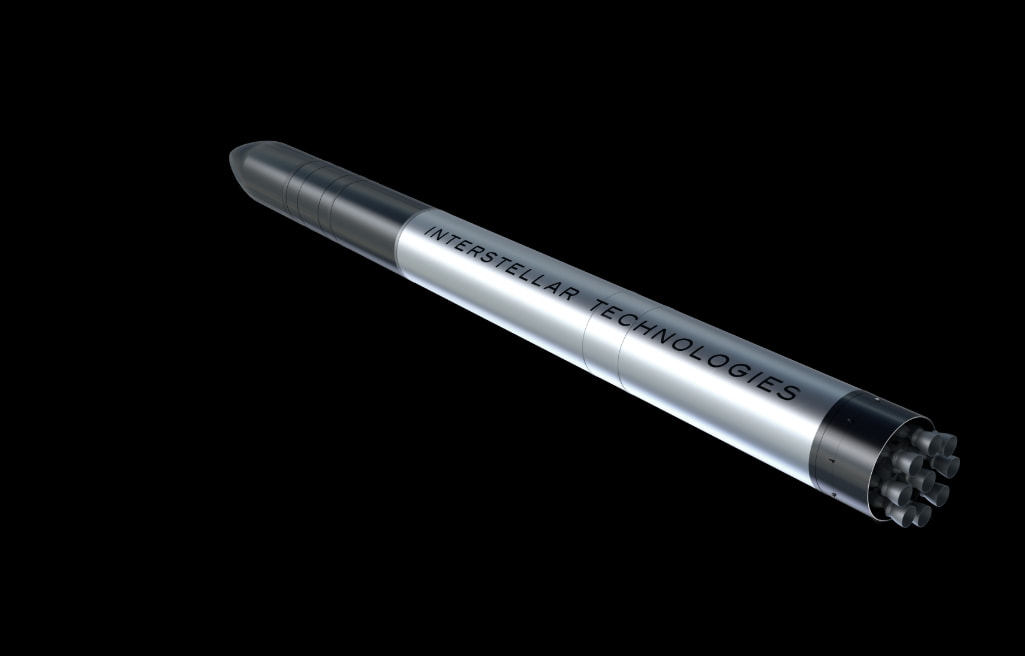DATE
Interstellar’s High-Speed Satellite Communications Research Awarded at NASA Formal Methods Symposium and Information Processing Society of Japan
CATEGORY
TAG

Interstellar Technologies is pleased to announce that it has received two Yamashita SIG Research Awards from the Information Processing Society of Japan, as well as an Honorable Mention at the NASA Formal Methods Symposium.
The awarded research projects, conducted in collaboration with our partner, the Nara Institute of Science and Technology (NAIST), focus on key technologies for enabling next-generation high-speed satellite communications, capable of connecting directly with devices such as smartphones and automobiles. These distinctions highlight not only the innovation and significance of our satellite program, but also the wide-ranging impact of its research outcomes.
Since 2024, Interstellar has been conducting fundamental research in collaboration with Japanese universities under the Ministry of Internal Affairs and Communications–commissioned project “Research and Development for Expansion of Radio Resources (JPJ000254).” The goal is to realize high-speed, large-capacity broadband satellite communications directly accessible from ground terminals, made possible through formation flying (coordinated flight) technology, in which multiple ultra-small satellites precisely control their positions and attitudes to fly in cooperation as a cluster in space.
Research Achievement 1
In formation flying, numerous satellites must align and coordinate so that, collectively, they function like one antenna. This requires inter-satellite radio communication to control the operation of each unit. However, when tens of thousands of satellites attempt to communicate simultaneously, inappropriate communication protocols can lead to signal collisions and large delays, disrupting normal communication.
This research explored methods to enable stable high-speed control communication even with large satellite swarms. Approaches included grouping satellites and optimizing TDMA (Time Division Multiple Access) schemes, in which radio frequencies are shared in time slots. This represents a critical essential technology for ensuring reliable formation flight.
Research Achievement 2
As in Achievement 1, formation flying involves extensive control communications among satellites. To ensure safe operation, it is essential to verify that received information originates from legitimate satellites and is free of errors; otherwise, there is a risk of external hijacking or malfunction. Such verification requires specialized computational circuits. However, if the circuit design itself has flaws, secure communication cannot be achieved.
In principle, a complete verification of these circuits would require checking 2256 possible inputs, an astronomically large number. Even at a rate of 100 million checks per second, this would take approximately 3.7 × 1034 years, making full verification practically impossible.
In this study, however, the team applied formal logic techniques to achieve complete verification in just 17 hours. This breakthrough provides indispensable design technology for building formation flying systems that can be operated safely.
Awarded Papers
1.IPSJ Yamashita SIG Research Awards (https://www.ipsj.or.jp/award/yamashita2025.html)
Wataru Sasaki, Keiichi Yasumoto, Tomokazu Matsui, Hirohiko Suwa, “A Real-Time Inter-Satellite Information Transmission Mechanism for Operating Small LEO Satellite Constellations as a Single Antenna” IPSJ DPS Technical Report, Vol.2025-DPS-202, No.12, pp.1-8, March 2025.
Sumio Morioka, Satoshi Obana, Maki Yoshida, “Formal Verification of Composite Field Multipliers for Secure Communication in Private Rocket Control,” IPSJ DA Symposium 2024 Proceedings, pp.14-21, August 2024.
2.NASA Formal Methods Symposium 2025 Honorable Mention (17th NASA Formal Methods Symposium (NFM 2025))
Sumio Morioka, Satoshi Obana, Maki Yoshida, “Formal Verification of Composite Field Multipliers for Information-Theoretically Secure Radio Communication in Spacecraft Control” NASA Formal Methods (NFM 2025), Lecture Notes in Computer Science, Vol.15682, pp.236-253. Springer, 2025. https://doi.org/10.1007/978-3-031-93706-4_14

